SEQUENCE OF REDISTRIBUTION OF ASSETS IF ENTERPRISES GO BANKRUPT
Contents
- I. When is a business considered bankrupt?
- II. Legal Basis
- III. Asset Division Procedure in Bankruptcy Cases
- IV. Order of Asset Distribution in Bankruptcy Cases
- V. About Us, Hankuk Law Firm
I. When is a business considered bankrupt?
Bankruptcy is the state of a business being insolvent and declared bankrupt by a court decision. A business is considered insolvent if it fails to fulfill its debt payment obligations within three months from the due date.
II. Legal Basis
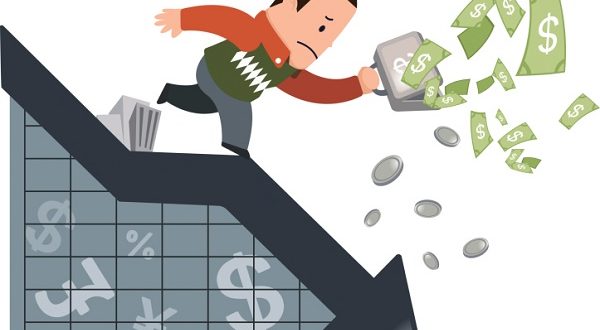
1. Division of Assets of Bankrupt Businesses Under Vietnamese Law
In the business environment, not every enterprise can sustain continuous and stable operations. When a business faces bankruptcy, the division of assets becomes one of the most critical steps in resolving debts and ensuring the legitimate rights of the related parties. The process of asset division for bankrupt businesses in Vietnam is clearly regulated by law, with specific provisions outlined in the Bankruptcy Law 2014, relevant resolutions, and decrees.
1.1 Key Regulations on Asset Division in the Bankruptcy Law 2014
The Bankruptcy Law 2014 serves as the fundamental legal document governing the division of assets for bankrupt businesses. According to the Bankruptcy Law, the assets of a business are distributed in a clearly prioritized order. Article 128 stipulates that during bankruptcy proceedings, the assets are allocated to pay the business’s debts according to a specified priority sequence.
Notably, Article 131 of the Bankruptcy Law 2014 protects the rights of employees. Under this provision, debts related to wages, severance pay, and other benefits owed to employees are prioritized over other debts. This regulation aims to ensure that workers’ rights are not significantly affected when a business goes bankrupt.
1.2 Detailed Guidance from Resolution No. 03/2016/NQ-HDTP
Resolution No. 03/2016/NQ-HDTP, issued by the Council of Judges of the Supreme People’s Court, provides detailed guidance on the application of provisions in the Bankruptcy Law 2014. The resolution clarifies how to determine the assets of a business, the procedures for debt repayment, and the rights of the involved parties. It emphasizes that asset distribution must be conducted fairly and transparently, ensuring that all parties are treated equitably in accordance with the law.
2. Management and Distribution of Assets Under Decree No. 22/2015/ND-CP

2.1 Decree No. 22/2015/ND-CP
This decree outlines specific provisions on the management and distribution of assets during bankruptcy proceedings. It provides guidance on the rights and responsibilities of asset managers during the process. According to the decree, the management and sale of assets must comply with legal regulations to ensure that the asset distribution process is conducted lawfully and fairly.
Under Decree No. 22/2015/ND-CP, the assets of a business must be accurately appraised to determine their actual value during the auction process. The proceeds from asset sales are distributed in accordance with the priority order specified in the Bankruptcy Law. The sale of assets must be carried out transparently to ensure fairness and accountability in recovering funds and distributing assets.
2.2 Implementation Guidance from Circular No. 08/2017/TT-BTP
Circular No. 08/2017/TT-BTP provides instructions for implementing several provisions of the Bankruptcy Law and related legal documents. It outlines the procedures and necessary steps for dividing the assets of a bankrupt business. According to the circular, the asset division process includes steps such as identifying assets, appraising assets, selling assets, and settling debts and other financial obligations.
III. Asset Division Procedure in Bankruptcy Cases
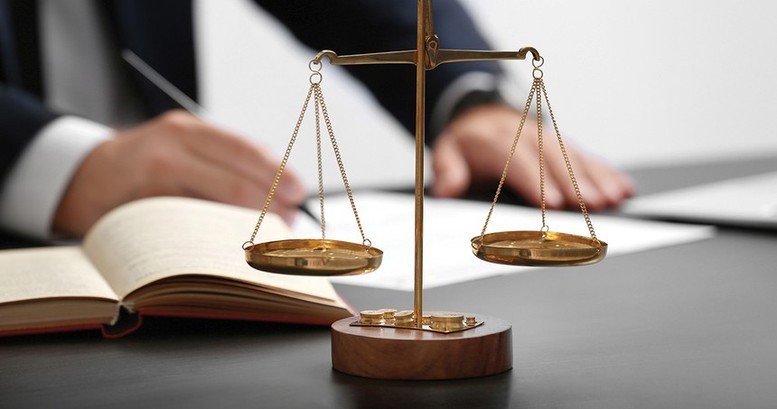
The asset division process for a bankrupt business begins with identifying the company’s assets. These assets must be accurately appraised to determine their actual value. Once identified and appraised, the next step is to sell the assets. This is typically done through public auctions to recover funds as efficiently as possible.
The proceeds from asset sales are distributed according to the priority order specified in the Bankruptcy Law. Bankruptcy costs are settled first, followed by secured debts, unsecured debts, and other financial obligations. Notably, employee rights are given priority over other debts.
After all debts and financial obligations are settled, any remaining assets are distributed in accordance with legal regulations. The entire process must be conducted transparently to ensure the legitimate rights of all parties involved.
IV. Order of Asset Distribution in Bankruptcy Cases

When a court declares a business bankrupt, the assets of the business are distributed in the following order:
- Bankruptcy costs;
- Debts related to wages, severance pay, social insurance, health insurance for employees, and other benefits under signed labor contracts and collective agreements;
- Debts arising after the initiation of bankruptcy proceedings aimed at restoring the business’s operations;
- Financial obligations to the State, unsecured debts owed to creditors listed in the creditor register, and any secured debts not fully covered by the secured assets.
If, after settling all the above, there are remaining assets, they will belong to:
- The owner of a private business;
- The owner of a single-member limited liability company;
- Members of a multi-member limited liability company, shareholders of a joint-stock company;
- Partners in a partnership company.
If the value of assets is insufficient to cover the debts, creditors within the same priority level will be paid proportionally based on their debt ratio.
V. About Us, Hankuk Law Firm
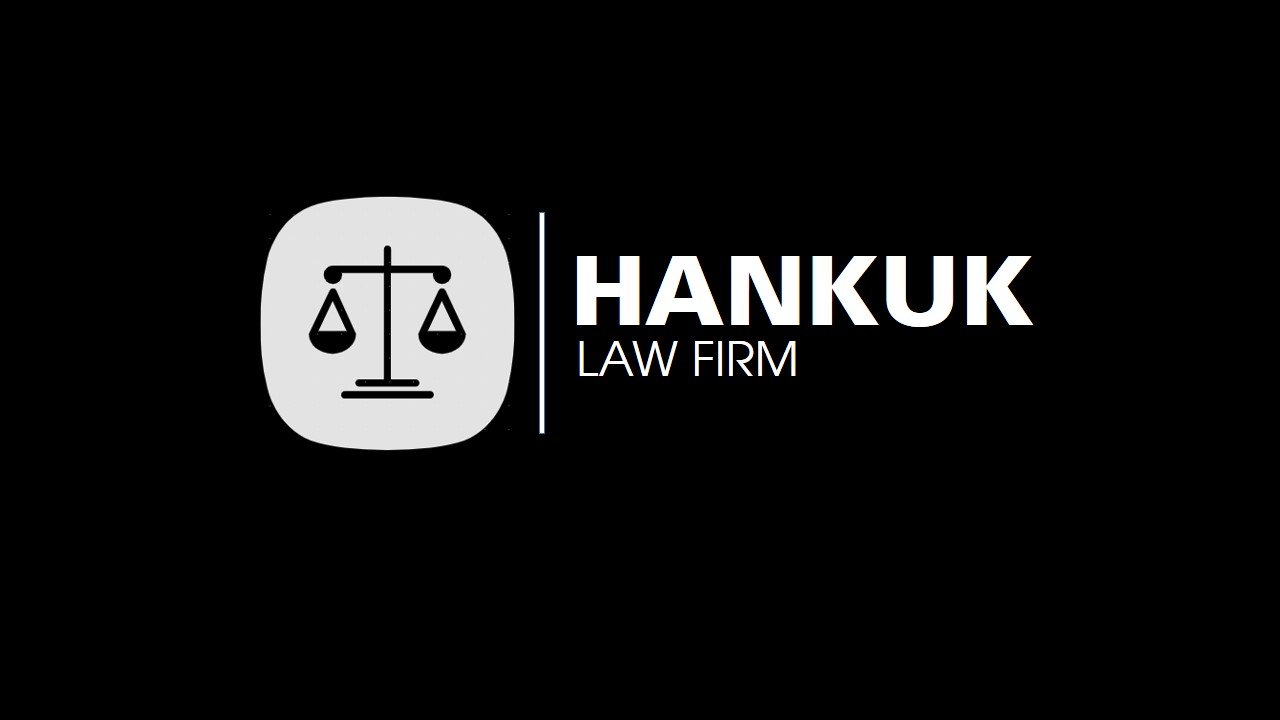
■ Hankuk Law Firm – Introduction
The goal of the legal services provided by HANKUK LAW FIRM is to support businesses, investors, and people. Our organization employs skilled Korean lawyers, partners, and professionals to provide legal services to businesses related to corporations and litigation.
To support the startup process, our lawyers and staff provide a wide range of services, including business law consulting, tax and immigration law consulting, real estate services, business consulting, marketing and communications, human resources, product distribution, franchise options, etc. We provide expert advice on every aspect of your business needs.
To protect the legitimate rights and interests of our clients and achieve the best results, we provide legal advice and participate in civil lawsuits related to business, labor, marriage, family, and inheritance.
■ Contact us now
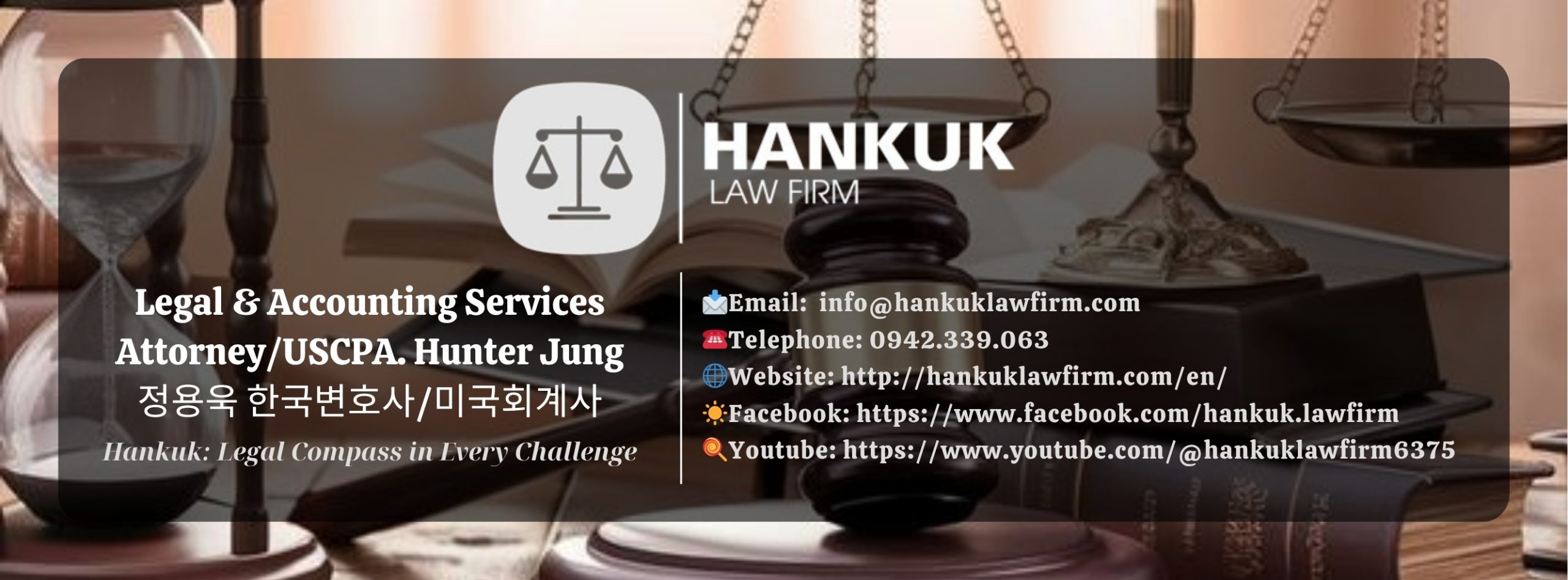
For reliable and effective legal advice, please contact HANKUK LAW FIRM now. We are committed to providing you with the best possible answers and our team of experienced lawyers has extensive knowledge in many legal fields. We are always here to provide the most competent and dedicated support, whether you are dealing with contractual issues, commercial disputes or need guidance on foreign investment. HANKUK LAW FIRM is honored to have assisted hundreds of domestic and international clients in skillfully resolving complex legal issues as their trusted legal partner. Do not let legal issues hinder your success. Let us accompany you towards legal achievement and comfort. For prompt guidance and support to ensure your rights are always maintained at the highest standards, contact HANKUK LAW FIRM now.
■ Contact Hankuk Law Firm:
| Website: http://hankuklawfirm.com/en/
FB: https://www.facebook.com/hankuk.lawfirm Tiktok: https://www.tiktok.com/@hankuklawfirm Youtube: https://www.youtube.com/@hankuklawfirm6375 Email: info@hankuklawfirm.com SĐT: 0942.339.063 |
 |
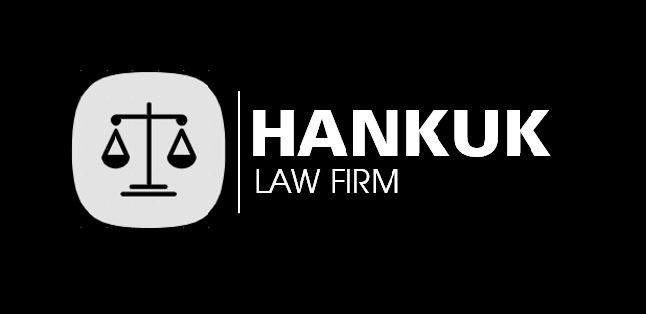
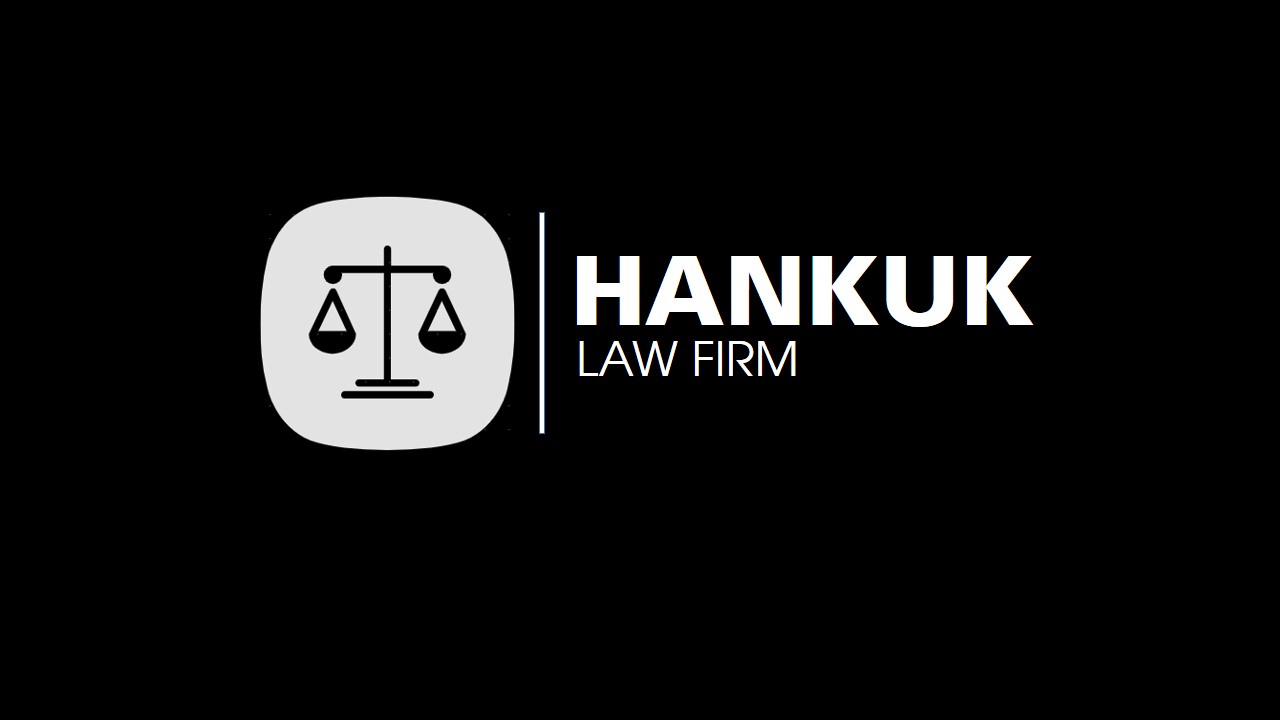
.jpg)